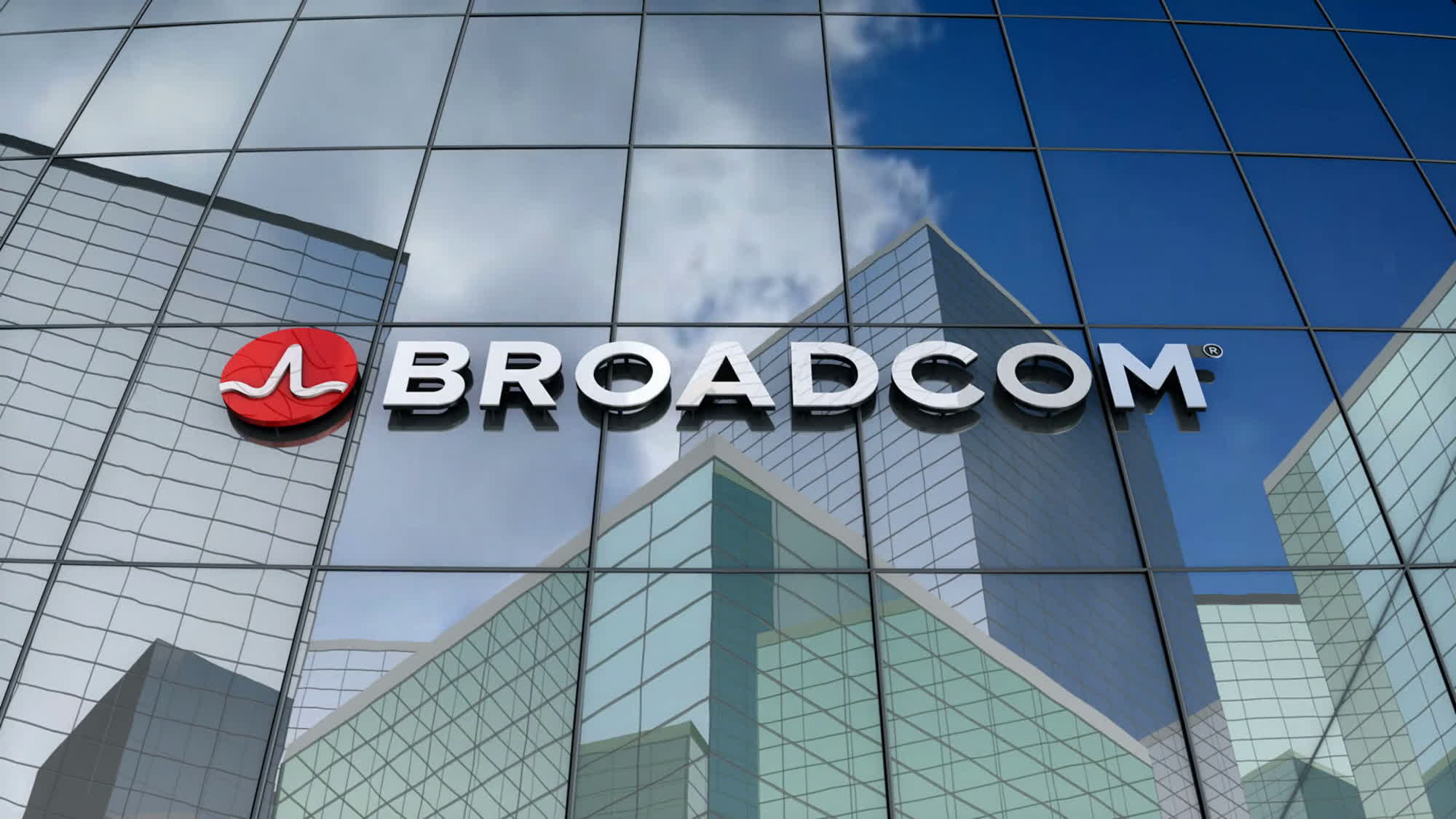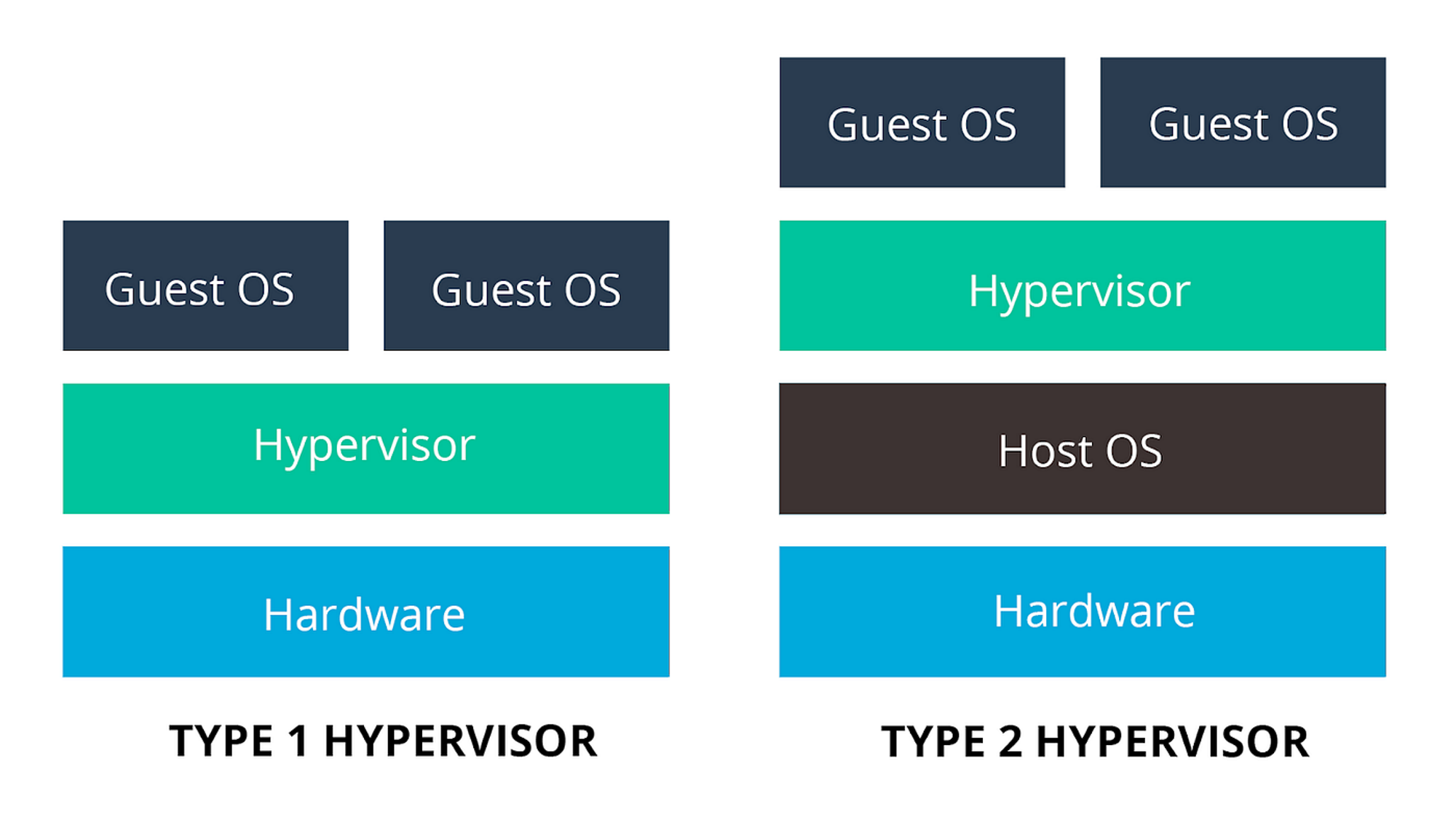In context: After completing the VMware acquisition in 2023, Broadcom is actively attempting to transition most of the virtualization business into a subscription-only model. Now, it's time for the free vSphere hypervisor to vanish, with no VMware-branded substitute product in sight.

Broadcom has announced the end of general availability (EOGA) for ESXi versions 7.x and 8.x, the free edition of the enterprise-class hypervisor included in the VMware vSphere cloud virtualization platform. The VMware vSphere hypervisor is no longer available for download on the VMware website, and, unfortunately, there is no equivalent tool offered through VMware's channels.
The EOGA for ESXi is a significant development for "homelab" enthusiasts who relied on the free hypervisor for their small virtualization setups. ESXi, a type-1 hypervisor developed by VMware, was designed for deploying and serving virtual computers. It was a bare-metal product that included its own kernel and specialized "vmkernel" components to communicate with hardware components beyond memory and CPU native management.
According to a January blog post by Rick Walsworth, director of product marketing for VMware's cloud infrastructure team, the discontinuation of the free bare-metal hypervisor is part of the company's ongoing effort to "streamline and simplify its portfolio." In the future, VMware will primarily offer subscription-based virtualization solutions, and many of the previously licensed products will not be available for purchase as standalone offerings.

Users interested in virtualization setups now have two subscription choices: VMware Cloud Foundation or VMware vSphere Foundation. VMware Cloud Foundation is a new solution that includes vSphere, vSAN, and NSX with the full Aria management suite. VMware vSphere Foundation is a data center-focused solution with Tanzu Kubernetes Grid in addition to Aria features.
Furthermore, VMware add-on services provide additional features for storage, security, disaster recovery, and "generative AI." Existing customers who previously purchased EOGA products will continue to receive support from VMware, but they will not be offered a renewal option for the same service.
The discontinuation of ESXi and other standalone VMware products – except for the desktop (type-2) Workstation hypervisor line, at least for now – is not being well-received by many VMware-focused internet communities. It's seen as another nail in the coffin for VMware's overall business, with one user stating that the company will likely be replaced by something else in 10 years, despite being one of the leading companies for virtualization solutions.
https://www.techspot.com/news/101870-broadcom-discontinuing-vmware-free-type-1-hypervisor-esxi.html